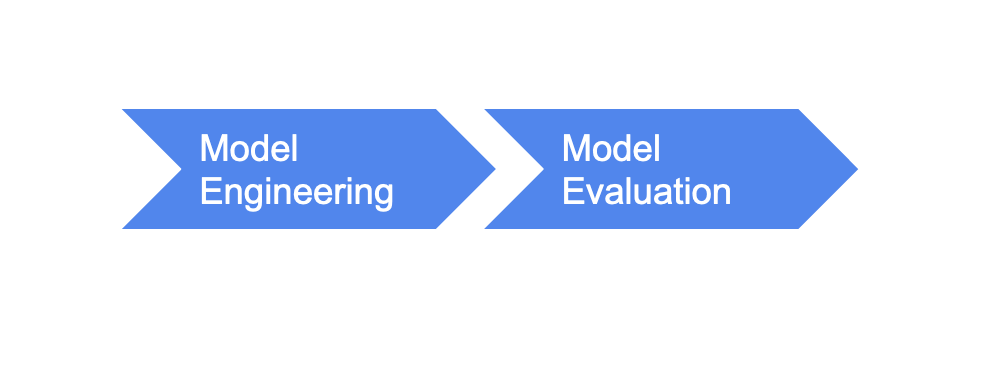Workflows
Introduction to MLflow

Weston Bassler
Senior MLOps Engieer
MLflow Projects

1 unsplash.com
MLproject
name: project_name python_env: python_env.yaml entry_points:step_1: command: "python train_model.py"step_2: command: "python evaluate_model.py {run_id}" parameters: run_id: type: str default: None
Workflows
import mlflow # Step 1 step_1 = mlflow.projects.run( uri='./', entry_point='step_1' )# Step 2 step_2 = mlflow.projects.run( uri='./', entry_point='step_2' )
Projects run
import mlflow # Step 1 step_1 = mlflow.projects.run( uri='./', entry_point='step_1' )print(step_1)
<mlflow.projects.submitted_run.LocalSubmittedRun object at 0x125eac8b0>
Projects run
step_1.cancel() - Terminate a current run
step_1.get_status() - Get the status of a run
step_1.run_id - run_id of the run
step_1.wait() - Wait for the run to finish
Projects run
import mlflow # Step 1 step_1 = mlflow.projects.run( uri='./', entry_point='step_1' )# Set variable for step_1 run_id step_1_run_id = step_1.run_id
# Step 2 step_2 = mlflow.projects.run( uri='./', entry_point='step_2',parameters={ 'run_id': step_1_run_id })
ML Lifecycle

Let's practice!
Introduction to MLflow

